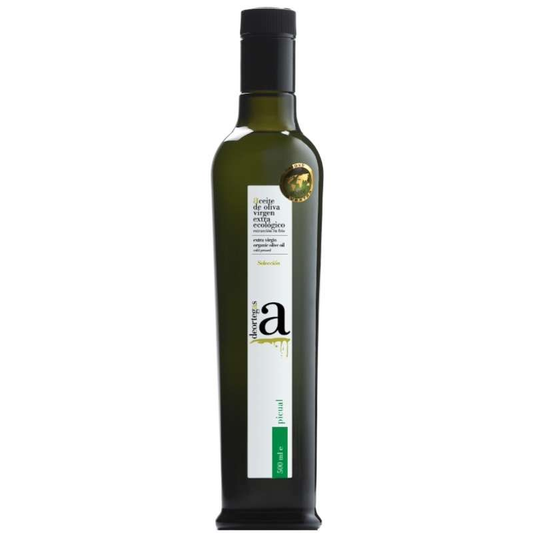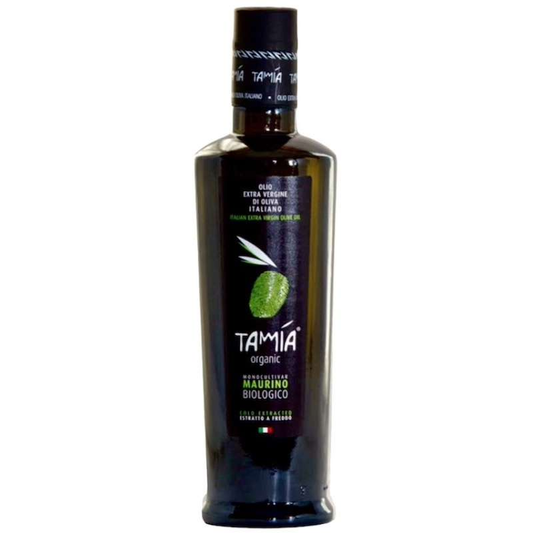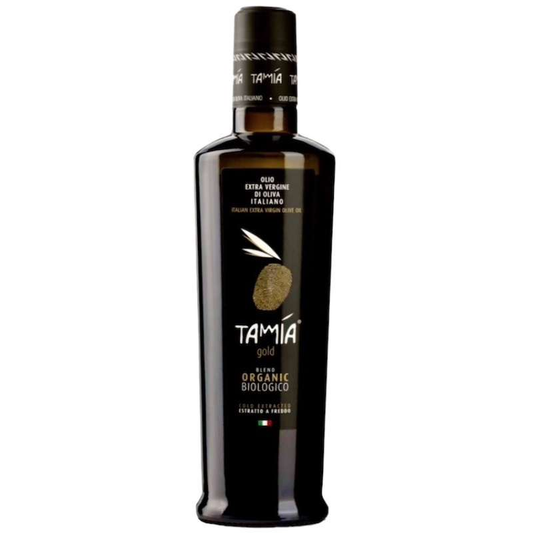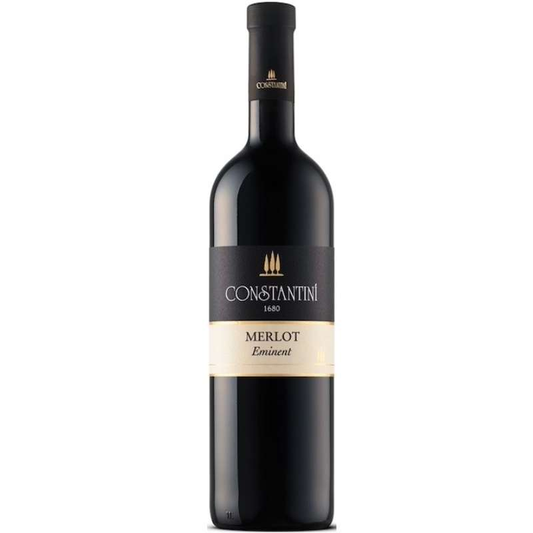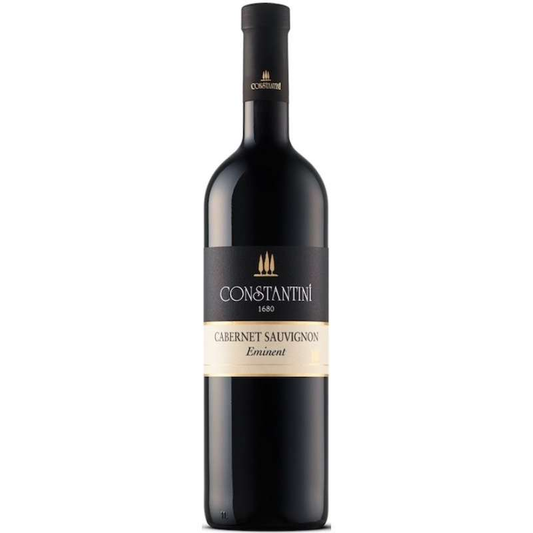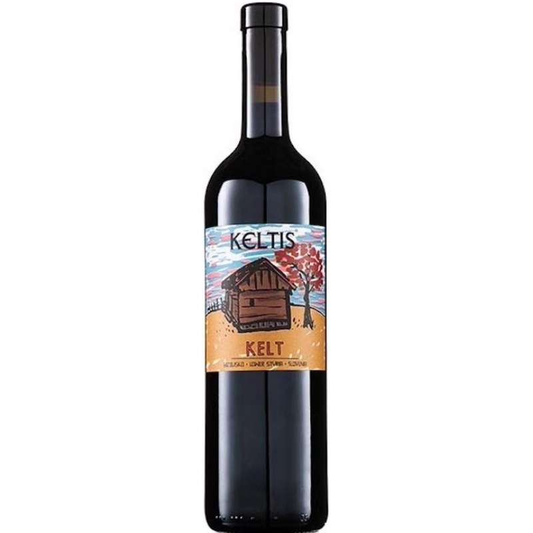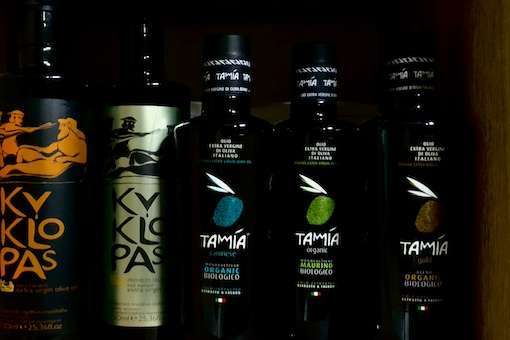The Bread That Whisperes: Pane Carasau Recipe
Share
Once upon a time - though not the kind of time that sits still, but the kind that keeps poking you in the ribs - you might have found a shepherd high on a Sardinian hill, his supper nothing but the wind, a wedge of cheese, and a miracle so thin you could read a love letter through it.
That miracle began in a humble bowl. A pinch of yeast went swimming in warm water, grumbling and foaming like an old man telling stories to children who won’t listen. Into this bath dove two flours - one fine as city manners, the other coarse as a farmer’s handshake. They met, fought, made peace, and turned into something pliable enough to make you believe in redemption. A pinch of salt joined the party, because what is virtue without a touch of vice?
The dough slept beneath a towel for an hour, dreaming of glory. When it woke, it was kneaded like a confession and left to rise again - because good things, like pride and bread, need two chances to prove themselves.
Meanwhile, the oven roared awake at 230°C, the kind of heat that could melt a grudge. (If you’re baking not in a land where Celsius reigns, aim for around 450 degrees Fahrenheit - hot enough that your oven hums like a dragon clearing its throat.)
The dough, now divided into six or eight hopeful little orbs, was rolled thinner than a politician’s promise and placed on a baking sheet slicked with oil.
Each sheet went into the inferno for a brief, breathless moment - three minutes, maybe four - just long enough to puff with pride, like it remembered something from its noble wheat ancestors. Then it was flipped, browned, and set free to cool into crisp parchment, ready to sing when broken in two.
At the table, it met its destiny: a bottle of olive oil with a sprig of rosemary floating in it, and a pinch of sea salt. It shattered between the teeth like the laughter of someone who’s been poor and happy and sees no contradiction in it.
This bread does not spoil quickly. It was born to last - to travel with shepherds, to outlive storms, to sit quietly in your cupboard and remind you that even the simplest things, if done with patience and fire, can become music.
And when you finally bite into it - whether it snaps beneath your teeth like brittle sunlight or softens under a gentle tide of broth and sauce - you’ll taste more than bread. You’ll taste the wind off the Sardinian hills, the quiet patience of hands that worked the dough, and the stubborn joy of simple things done well. It’s a humble symphony - paper-thin, golden, and loud enough to sing in your memory long after the crumbs are gone.



